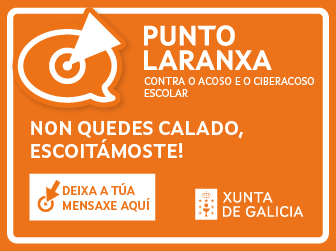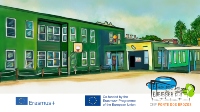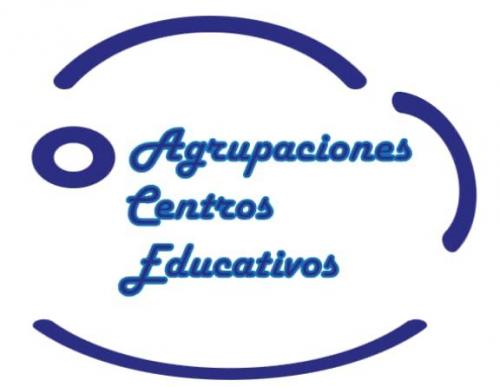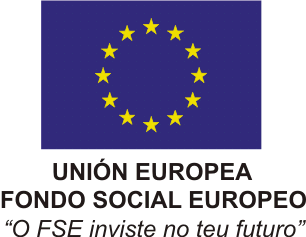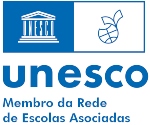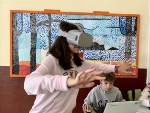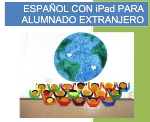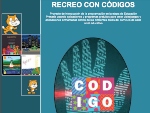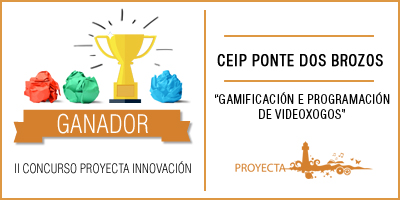Boas Prácticas en Mobile Learning
Unesco: Best practices in mobile learning: 7 innovative case studies
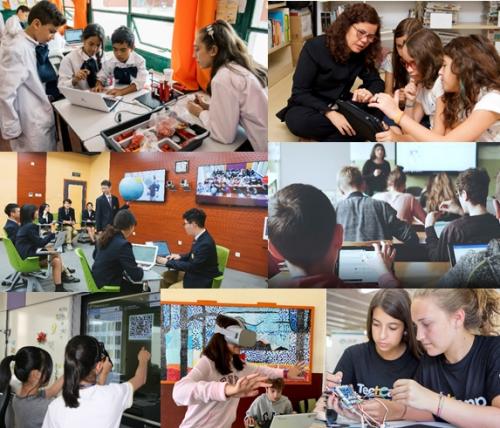
In the framework of the UNESCO-Fazheng project on ‘’Best practices in mobile learning’’, seven case studies of the series were published, sharing examples of successful school-wide mobile learning initiatives from Uruguay, the Republic of Korea, Spain, Croatia, China and Brazil.
The project ‘’Best practices in mobile learning’’ aims to guide the school-wide planning and integration of mobile learning to create inclusive and equitable learning environments in order to ensure the quality, effectiveness and relevance of education for digital economies and societies. One of the project’s objectives is to identify either top-down national master plans on e-schools, or bottom-up approaches to the planning and implementation of school-wide adoption of mobile learning models.
The initiatives were selected by UNESCO through desk research and an open Call for proposals launched in the spring of 2018, focusing on projects implemented by schools and other education providers with proven evidence of effective school-wide mobile learning practices. UNESCO received more than 100 proposals, followed by the review and selection of applications by the Expert Group.
The seven published case studies feature the following initiatives:
- Plan Ceibal, Uruguay: the initiative undertaken by the Government of Uruguay aims at minimizing the digital divide in the country and foster inclusion and equal opportunities with the aim of supporting Uruguayan education policies through technology.
- CEIP Ponte dos Brozos, Spain: the school considers that technology is not the only way to apply new teaching and learning processes, but it is a very effective means for that purpose. The change of educational processes in this school pursues modernization, innovation and improvement of educational quality with the support of technology, favoring the transition from school to a knowledge society.
- SMART Education Schools, Republic of Korea: the Smart Education initiative involves a change in students’ role from recipient to producer and the teacher’s role from knowledge transmitter to facilitator. The practices of the initiative includes online achievement diagnosis and prescription-based self-directed learning and the implementation of customized learning associated with personal preferences and future occupation.
- Beijing Royal School, China: the Beijing Royal School is an international secondary school in China, with the vast majority (98%) of its graduates studying overseas, primarily in the USA, UK, Canada, and Australia. In alignment with Education 2030, the vision of BRS is to leverage mobile learning to support Global Citizenship Education on cognitive, social-emotional and behavioral levels.
- CARNET, Croatia: the initiative ‘e-schools’ working on establishing a system for developing digitally mature schools, aimed at digitalizing teaching and business processes in 10% of Croatian schools.
- mSchools, Spain : it is a multi-faceted education programme that empowers students and teachers to integrate mobile technologies into the classroom, opening up new ways of teaching and learning that improves achievement and employability.
- Colégio Miguel de Cervantes, Brazil: the school is empowering students to become agents of social transformation through mobile learning.
The case study series will eventually present more than 15 case studies – both bottom-up and top-down – and all cases will be profiled in the UNESCO publication Best practices in mobile learning in 2019. The overall goal of the publication is to draw insights and evidences from successful initiatives to inform policy makers and school leaders about effective strategies in planning and implementing mobile learning programmes in varied contexts and in response to different needs and challenges.
This year, UNESCO’s upcoming Mobile Learning Week (4-8 March) will focus on AI and its implications for sustainable development. Held annually at UNESCO Headquarters in Paris, the 5-day event offers an exciting mix of high-level plenaries, workshops and hands-on demonstrations.
Informacións no xornal:
Ser Galicia: El Ponte dos Brozos, entre los mejores colegios del mundo en nuevas tecnologías
La Opinión: El proyecto tecnológico del colegio Ponte dos Brozos, de Arteixo, llega a París



